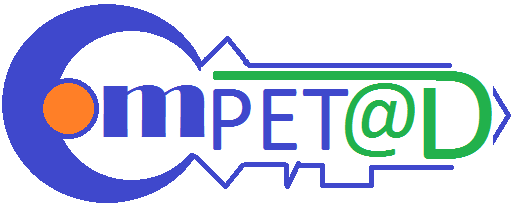Course Duration: 2 Days
Solving problems and making decisions in a creative manner can be the key to more productive and effective employees and managers in any organization. Problem solving and decision making are not easy for most people. It is like a journey into the unknown requiring creativity, intuition and imagination also, careful analysis, diagnosis, and step-by-step action planning. Creative Problem Solving and Decision Making is designed to enable participants to learn and apply concepts and techniques related to an integrated versatile approach to problem solving resulting in better and more effective decisions.
Learn the tools and processes to find the right solutions to most/ any problem or situation.
Finding the Solution is a highly interactive and memorable training workshop. The participants will learn specific tools for solving problems by doing…by solving problems. They will learn how to find solutions using 4 steps:
Focusing – Define, prioritize, focus and analyze problems.
Idea Generating – Generating creative & useful ideas,
approaches and solutions
Decision Making – Making the best possible decision
Implementing – Ensure that solutions are implemented
They will learn the techniques that go with each step such as “gap analysis,” “random stimulation,” and “decision making analysis”. They will develop awareness and understanding of the need to use a problem solving process.
The focus of this training may be on group or individual problem solving and decision making or a mixture of both.
Objectives:
- Focus on the “true” problem
- Establish accurate goals for problem solving
- Prioritize problems and decide which problems should get attention
- Generate ideas quickly
- Break through barriers and mental blocks
- Find viable solutions
- Sort through lots of ideas
- Evaluate alternative courses of action
- Make good decisions so all team members are satisfied
- Consider both risk and benefits in a choice
- Analyze what needs to be accomplished
- Ensure acceptance of the solutions
- Develop and use action plans as a group or individually.
Methodology:
- Individual Assessments
- Use of participant manual/worksheets
- Use of a combination of presentation and group activities
- Story telling of real-life situations
- Interactive group discussions
- Challenging the thinking of participants
- Providing input to participants’ real-life situations
Who Should Attend:
Anyone who is involved in deciding business strategies and activities, managing projects, or is otherwise responsible for delivering results within an organization, (e.g. CEO, CFO, manager, supervisors, etc). There are no prerequisites for this course
Topics to be Discussed:
It is divided up into five sections:
• The Stages and Tasks of Problem Solving
• Targeting
• Idea Generating
• Decision Making
• Implementing


